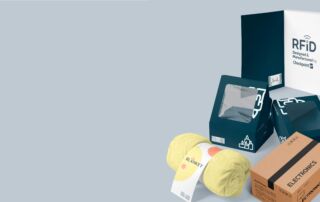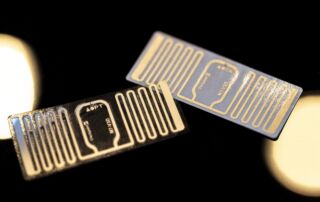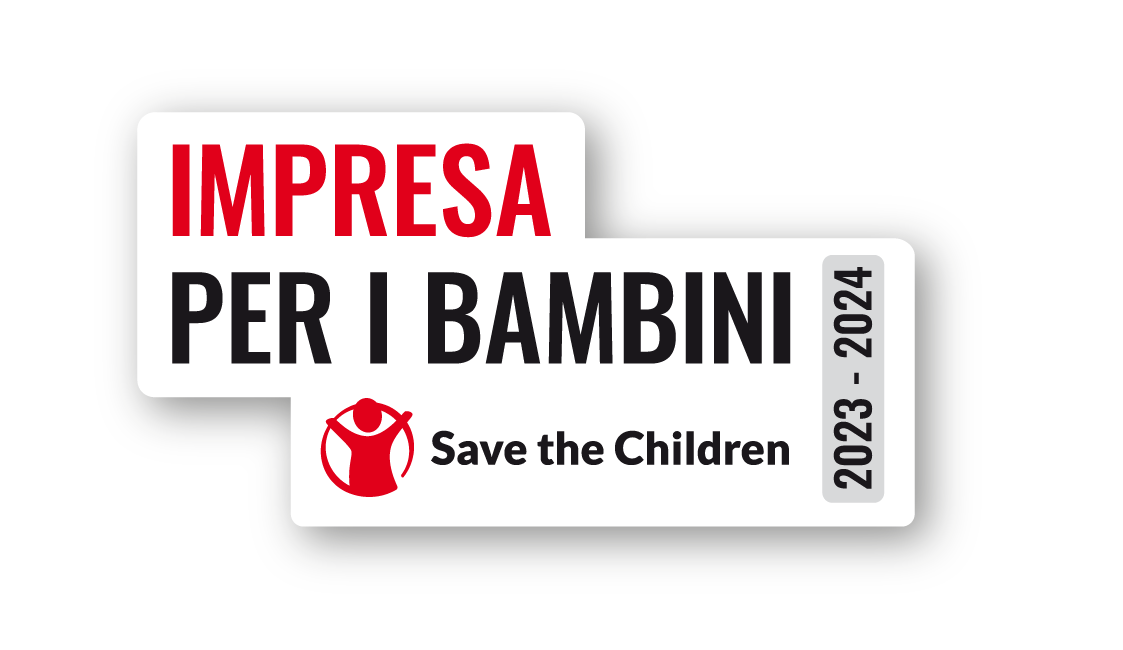The Challenge
Myer, Australia’s largest department store, has identified .a potential area for improvement involving the sale of Apple products at its flagship store in Melbourne. It was therefore decided to start testing the benefits of RFID technology by focusing on two areas in particular: inventory accuracy and inventory labor costs, with the aim of reducing inventory differences and reducing the labor costs needed for stock-taking.
During the financial year 2016-17, Myer conducted six inventory cycles and daily manual stock-taking of Apple products at its Melbourne City store, with significant labor costs associated with such activities. On top of these costs, further losses were reported due to a combination of shoplifting and inadequate inventory controls.
The Checkpoint Systems solution
In 2017, Myer asked Checkpoint Systems, a provider of end-to-end loss prevention and merchandise visibility solutions, to carry out an RFID feasibility study. Checkpoint Systems, a division of CCL industries, uses GS1 standards which integrated perfectly into Myer’s inventory process.
The pilot project involved applying RFID tags to all Apple products in the Melbourne store once they arrived safely from the distribution center and were present in the shipping document (excluding any inventory inaccuracy from the supply chain).
Each product was then encoded by scanning the Universal Product Code (UPC) barcode followed by the corresponding RFID barcode to ensure that each article was uniquely coded in Myer’s inventory.
The merchandise was then placed safely in stock ready for sale. Once an item was sold and removed from stock, it was automatically withdrawn from the inventory system using the RFID reader, which then communicates with the Checkpoint Systems software.
Every morning and at the end of the working day, stock scans were carried out. In the event of any discrepancies, a manual reconciliation between Checkpoint and Myer data was performed.
Stones, National Retail Operations Manager, MYER
The results
The RFID program was simple to implement and led to a significant improvement in profitability across the Apple products department. This resulted in savings on labor costs thanks to a reduction in storage time from 2.5 hours per day to just 15 minutes, along with a sharp reduction in inventory differences.
Myer has shown that with a little foresight and planning, inventory visibility and accuracy does not have to be hard work. The simple RFID tagging on Apple products is 1000 times faster than manual stock-taking.
“Carrying out a basic RFID feasibility study is relatively easy and low-cost. Once you have demonstrated the benefits for the company, you will have the opportunity to reinvest the savings into additional POCs and your RFID journey will be well underway. I encourage all retailers and brand owners to consider the improvements their business could benefit from thanks to the use of RFID technology.”
Gary Stones, National Retail Operations Manager, MYER
The Checkpoint program has therefore brought eight key commercial benefits:
- Manageable implementation costs
- No IT integration required
- Significant reduction in inventory losses with a reduction in inventory differences of over 80%
- Reducing inventory time and labor costs by more than 80%
- Daily inventory accuracy close to 100%
- 100% transfer accuracy
- Simplified communication of stock movements
- Increased availability of products to support sales





